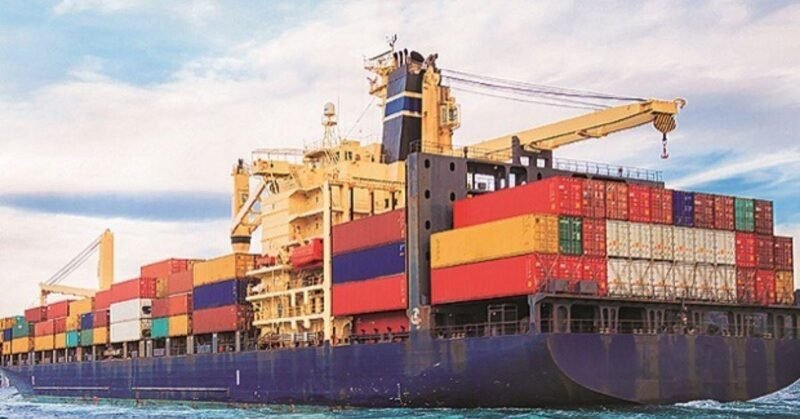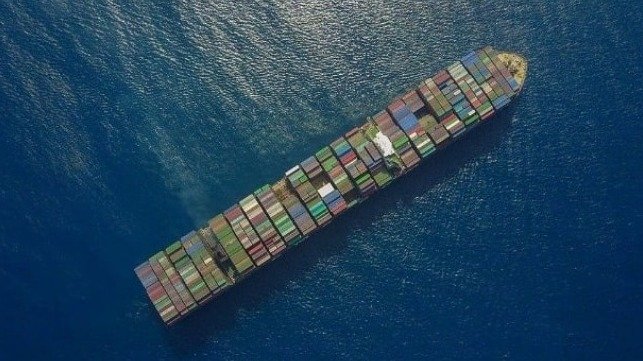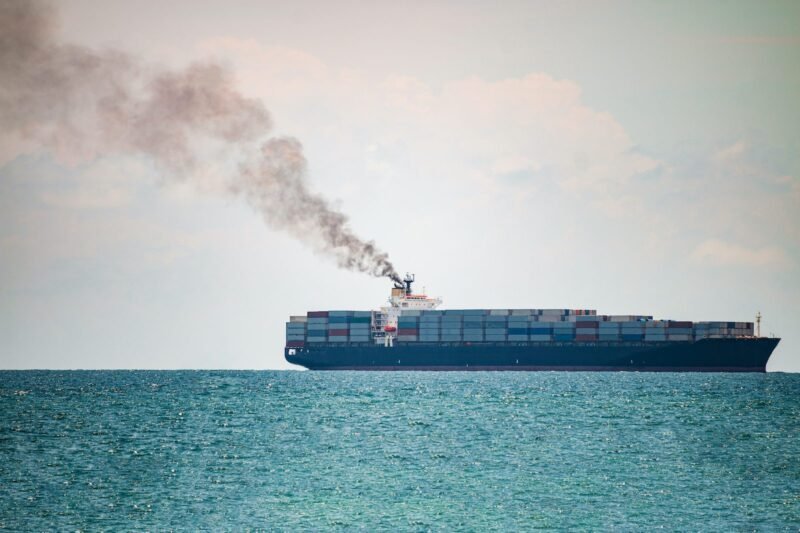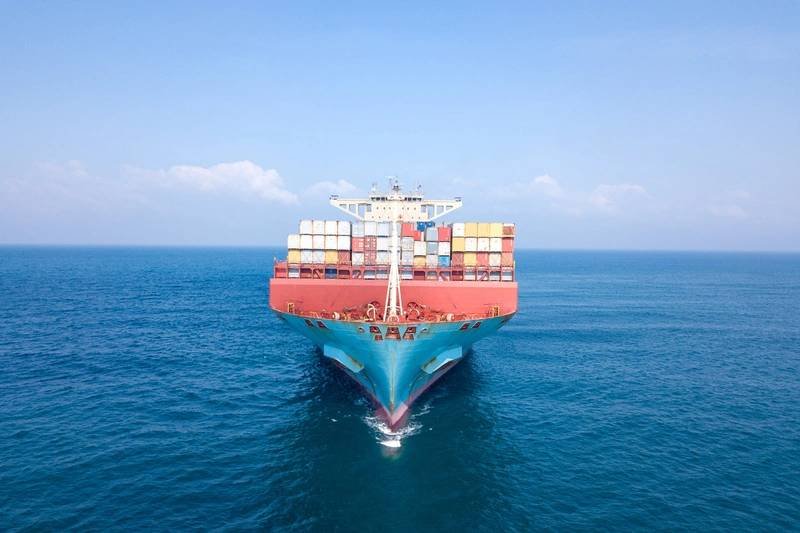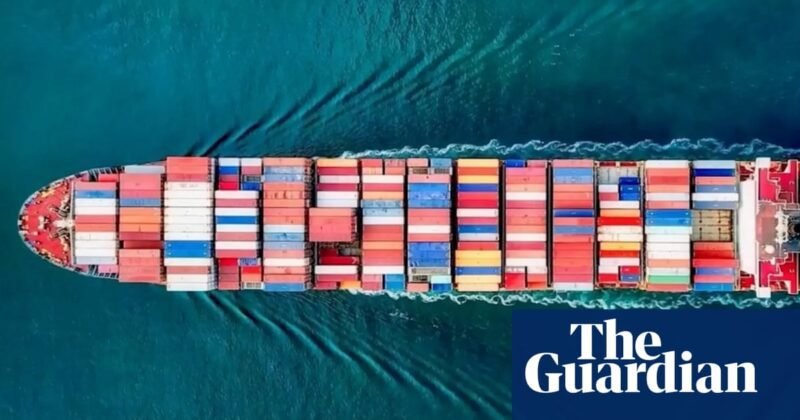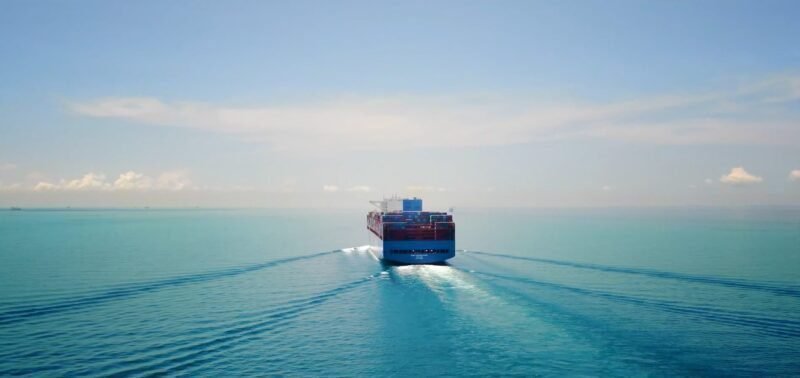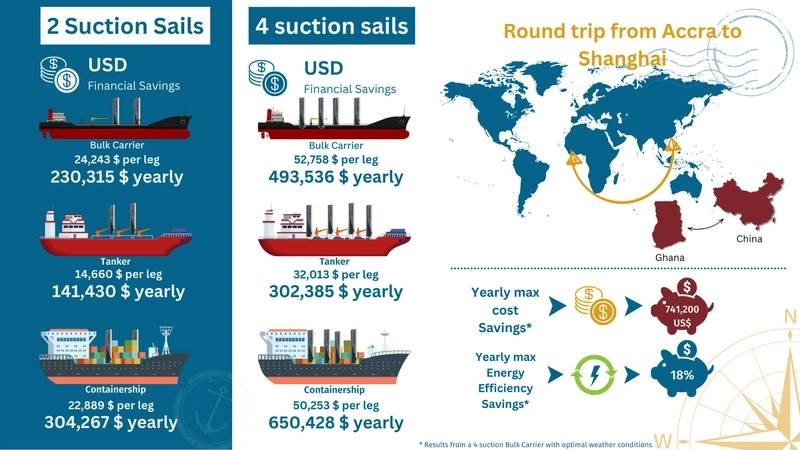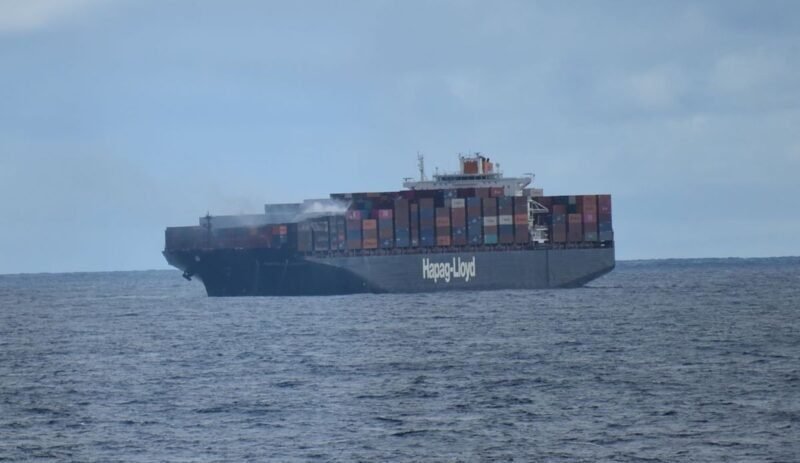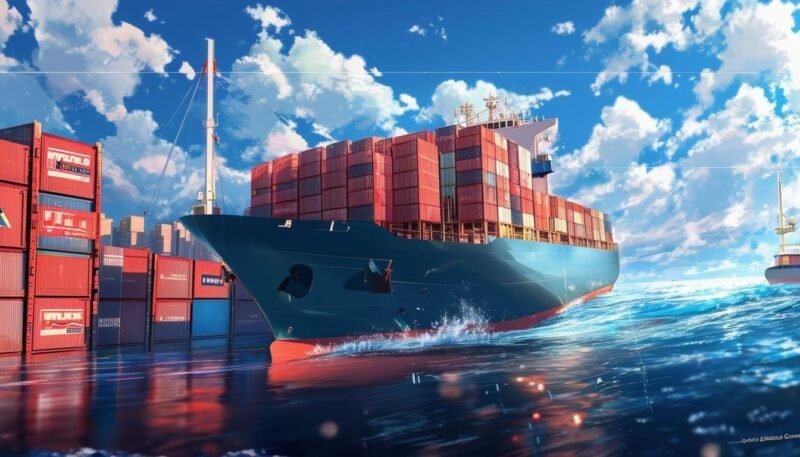The escalating security situation in Middle East waters, particularly as a result of Israel’s war in Gaza, has led to significant shipping diversions and a subsequent increase in carbon emissions. The Xeneta and Marine Benchmark Carbon Emissions Index (CEI) recorded its highest level in the first quarter of 2024, showing significant increases in CO2 emissions for sea transport from Asia to the Mediterranean and Northern Europe. The average distance traveled by containers from Asia to the Mediterranean has also increased due to diversions, leading to higher fuel consumption.
The longer distances traveled by ships due to diversions have led to higher speeds and increased carbon consumption. This shift in shipping patterns has also prompted some shippers to turn to air freight and rail transport, both of which are more carbon-intensive than sea freight. Major ocean carriers are now avoiding the Red Sea, opting for longer routes around the Cape of Good Hope, resulting in a significant increase in CO2 emissions per tonne of freight transported.
The significant increase in carbon emissions from shipping diversions has prompted concerns about the environmental impact of the ongoing security situation in the Middle East. The diversion of global trade due to attacks in and around the Red Sea has led to astronomical figures in terms of additional sailing distance. With the longer journeys affecting a ship’s Carbon Intensity Indicator (CII) and the EU Emissions Trading System (EU ETS), the need for more sustainable shipping practices has become more urgent.


